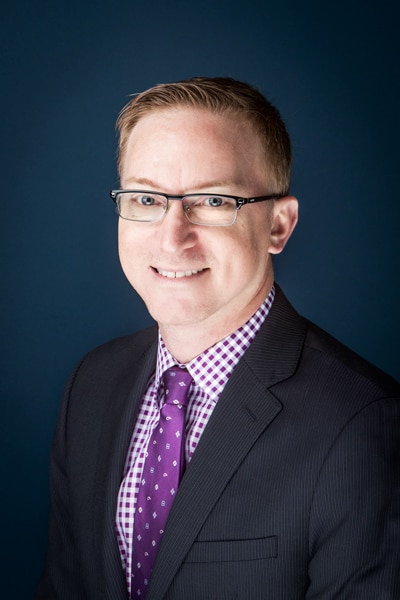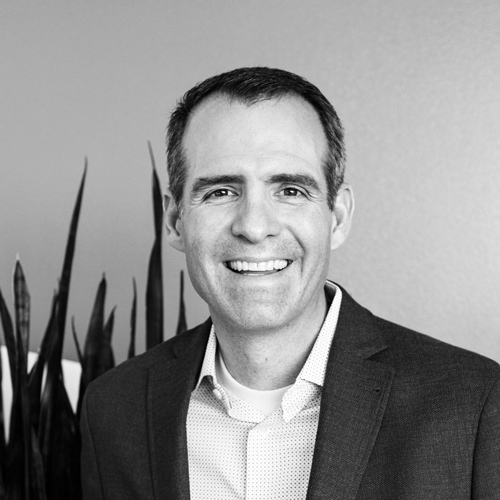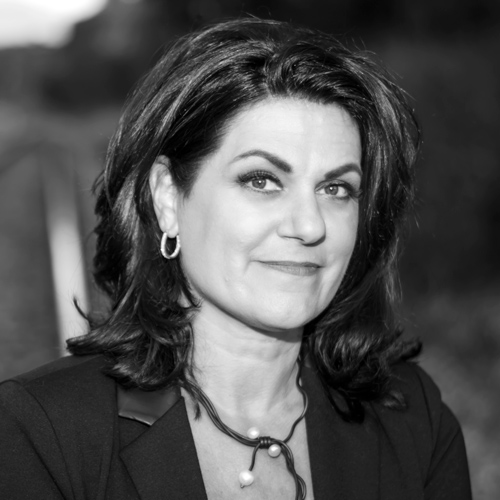
Neil Rosolinsky didn’t anticipate going in-house. He had worked for the government and in private practice for nearly ten years and was entering his partnership year at the law firm Reed Smith—when suddenly, he was seconded to the Royal Bank of Scotland. To his surprise, though, he welcomed the fresh perspective and challenges of the new work. “I enjoyed the in-house aspect of things—seeing that business strategy at work,” Rosolinsky says. “I was not just giving purely legal guidance; I was having a broader impact.”
In addition to an impact on business strategy, a good legal department can have a significant impact on an organization’s bottom line. “When you look at a portfolio of litigation or regulatory enforcement matters,” Rosolinsky says, “oftentimes—depending on the size of the organization and certainly here—you’re talking about millions of dollars in potential exposure.”
Rosolinsky made sure to keep this in mind when the Royal Bank of Scotland spun off the bank Citizens Financial Group through an IPO and Rosolinsky himself became the newly public company’s deputy general counsel for litigation and employment. In order to better prepare for potential losses, he’s since forged a partnership between Citizen Financial’s finance and legal arms.
Rosolinsky meets monthly with business-line CFOs and senior business leaders to discuss potential exposures and costs. There are both regulatory and budgetary benefits to these meetings. Citizens Financial is bound by accounting standards, which dictate that if a loss is probable and estimable, the organization is required to reserve appropriate funds. And, even when considering potential losses that may not fall within the bounds of the accounting standards, the organization may use the conversations with Rosolinsky to make budgetary projections. “I think it’s good corporate hygiene,” Rosolinsky says, “but it’s also a precursor to the bigger reserve meeting.”
Rosolinsky brings the information gleaned in these meetings to quarterly reserve committee meetings, where he discusses enterprise-wide concerns with Citizen Financial’s general counsel, its chief risk officer, its chief financial officer, its controller, and various business-line leaders and CFOs. “It becomes more macro at that point,” Rosolinsky says. “There’s a bigger focus on the accounting standards and whether they’re met and whether we have obligations to take reserves for certain things.”
These meetings have implications for those outside the business as well. After Citizens Financial went public in 2014, projecting revenue became increasingly important for the company and its shareholders. “You need to be as precise as reasonably possible in terms of what you’re telling your investors,” Rosolinsky says. “When you’re a publicly traded company, the importance of that is at a different level than when you’re privately held or a wholly owned subsidiary of another organization.”
Analysts who forecast Citizens Financial’s quarterly revenue rely on these public disclosures as well. If analysts aren’t aware of a significant loss that might occur from a legal matter, their projections might be higher, making it harder for the company to meet them.
In addition to the numbers-based concerns of profit and loss, Rosolinsky’s team tracks the legal issues that similar organizations face—issues that might come to affect Citizens Financial in the future. Rosolinsky and his colleagues monitor both new statutes that impact the claims plaintiffs can bring and new angles of approach to longstanding statutes. “When we see things like that, we’ll bring it to the business,” Rosolinsky says. “We’ll see if there’s an opportunity to be proactive.”
Neil Rosolinsky’s Career Milestones
1997: Rosolinsky completes a BA in politics at NYU
2000: Rosolinsky receives a JD from George Washington University, where he also completes a joint program studying international human rights law at Oxford University
2000: Seeking to gain litigation experience, Rosolinsky becomes assistant corporate counsel at the New York City Law Department
2003: Rosolinsky becomes an associate at Abbott, Reiss & Allen
2005: Rosolinsky joins Reed Smith as senior associate
March 2008: While at Reed Smith, Rosolinsky is seconded to the Royal Bank of Scotland to assist with the development of its Americas division and integrate newly acquired ABN Amro
June 2008: Rosolinsky joins the Royal Bank of Scotland as its head of employment law for the Americas division
2013: Rosolinsky prepares to spin off Citizens Financial Group—a wholly owned subsidiary of the Royal Bank of Scotland—as its own company through an IP
April 2014: Rosolinsky becomes deputy general counsel of litigation and employment at Citizens Financial
Developing these cross-functional partnerships hasn’t been easy. Citizens has had several different CFOs since Rosolinsky joined the company, and with each turnover, there have been new employees to acclimate to the process. For those who come from organizations that don’t have as robust and transparent a level of cross-departmental communication, explaining the value of this dialogue is a critical first step. For Rosolinsky, the argument for the meetings is clear: “Nobody likes a negative financial surprise. When [new hires] think about it in that context, they understand that being on your front foot and having these discussions in advance and taking a little bit of time out month over month is worth it.”
Convincing participants isn’t the only challenge, though. In order to make the partnership successful, Rosolinsky must think like a businessperson as well as like a lawyer. “We’re able to speak the same language and understand that we’re working toward a common goal,” he says. “It’s critical to think through those things, to have a lot of discussion around it, and to make sure that everyone’s rowing in the same direction.”
This approach has paid off. Through the increased dialogue, Citizens Financial has greater confidence in the precision of its projections and can now more effectively prepare for losses. “There are always things that are unforeseeable,” Rosolinsky says. “I might say, ‘I think the exposure is going to be X,’ and it turns out to be Y. But, as long as I’m using my reasonable legal and business judgment and we’re having those discussions, we’re making projections that are as precise as they can be.”
Making Diversity a Priority
Together with Reed Smith, Rosolinsky is launching an initiative that will create a pipeline to partnership for qualified law students from a diverse cross-section of backgrounds. “Diversity is important for a number of reasons,” Rosolinsky says. “Besides the equity and fairness that everyone should have an equal opportunity, diversity of thought and diversity of perspective based on individual experiences really does yield the best results.” Here are some of the steps Reed Smith and Rosolinsky are taking:
Starting in 2018, Reed Smith will recruit candidates who come from diverse backgrounds for its summer associate positions.
Associates will divide their time between Reed Smith and Citizens Financial and gain experience working in both law firm and in-house settings.
Selected associates will join Reed Smith after graduation and will continue to develop their relationships with Citizens Financial. “Our hope is that starting in 2019, we would see the fruit of this in those students becoming full-time lawyers, full-time associates,” Rosolinsky says. “We have that relationship, and the cadre grows as the years go on.”
***
Greenberg Traurig:
“Greenberg Traurig is a leader in creating and implementing AFAs for clients. We are proud of our work with Citizens Financial Group in using these innovative solutions for forecasting and managing case exposure and expense.”
—Pete Michaels, Co-Chair, Financial Regulatory and Compliance Practice

